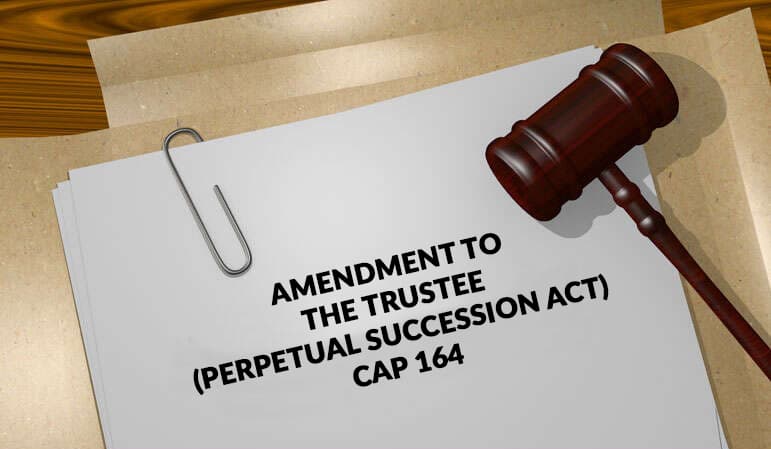What Is Contract Negotiation?
Contracts are a normal business transaction that include terms on what each party is legally responsible for in the business relationship. Contract negotiation therefore involves two or more parties discussing the terms of said contract to come to an agreement before signing and formalizing the agreement.
During the contract negotiation process, all parties will be presumed to have assessed their responsibilities, the rewards they can expect from entering into the contract, and any risks they assume. The goal of contract negotiation is then for all parties to feel comfortable with the details of the contract.
In a typical contract negotiation, the principle of compromise heavily manifests given each party has to compromise on some issues in order to get what it really wants. The relative bargaining positions of the parties in a contract negotiation is a major concern. A party with vastly superior bargaining power may often dictate all the terms at the expense of the less advantaged party. It is for these reason it is important to invoke the services of a professional, especially a lawyer, to review your contract negotiations.
The Role of Lawyers in Contract Negotiation.
The mandate of lawyers in contract negotiation really is to:
- protect their clients by minimizing any risks and maximizing return on the investment.
- act professionally so they won’t be vulnerable to malpractice claims or disappoint clients.
It is worth noting that often, contract negotiations have two distinct stages: negotiation of the basic business terms followed by negotiation of the legal terms. To go about the negotiation process, lawyers need to adopt negotiation styles that best befit the situation.
The following factors need to be considered beforehand top aid in choosing preferable negotiation styles:
- Understand the goal of the contract. There is an underlying aim in every single contract. It is important to know why the contract exists and what each party is hoping to get out of the agreement. The goal will drive the contract terms and the negotiation process.
- Familiarize with the applicable laws. Depending on the intended contract terms, it is crucial to familiarize with the laws that may apply to that particular contract to ensure everything is covered.
Contract Negotiation Strategies
- Documentation
While it might not be everyone’s preferred taste, begin with a term sheet. A term sheet is not a legally binding contract, however it can build the foundation for negotiating the contract. It basically states the broad terms and conditions of an agreement and can be used as a template for the contract agreement.
- Employ “Fair” Objective Criteria
In any contract negotiation, fairness and/or the perception of fairness are key elements. Fairness mostly revolves around relatively objective standards, like market value, precedent, efficiency or expert opinion. If both sides can agree on a fair and reasonable standard, many negotiations will be successful.
- Maintain an open line of communication
a collaborative negotiation needs to be void of emotion and its displays in order to achieve optimum results. Emotions tend to cloud judgment, create competition, discourage mutually beneficial outcomes, and sometimes result in a retaliatory approach to problem-solving. It is however important to note any concerns raised and not be hesitant to address them as and when they are raised.
- Adopt contingent contracts
A contingent contract is basically, a bet that’s based on different predictions. Contingent contracts allow parties to reach agreement by managing uncertainty about the future. This however, is optional.
- Prepare for Possible Noncompliance.
During contract negotiation, a wise negotiator foresees possibility of a contract breach. It is important that whilst agreeing on the business terms, the legal references should be made especially on situations of default, whether it leads to termination rather rescission and possible dispute resolution mechanisms.
In the alternative, the lawyer might propose for the parties to meet regularly to review the progress during the life of the contract.
What then Is an Enforceable Contract?
An enforceable contract is one that has been properly negotiated between all involved parties and has been signed by everyone named in the contract. To that end, all the contract terms become legally binding and each party must fulfill their part of the mutually beneficial contract.
How can we assist you?
We can advise you on ways of managing, negotiating and drafting contracts in your business. Please contact us for our services at info@netsheria.com or visit our website at https://netsheria.com/ for more on our services.
systems that will create a culture aimed at curbing work pressure and assure safety.






